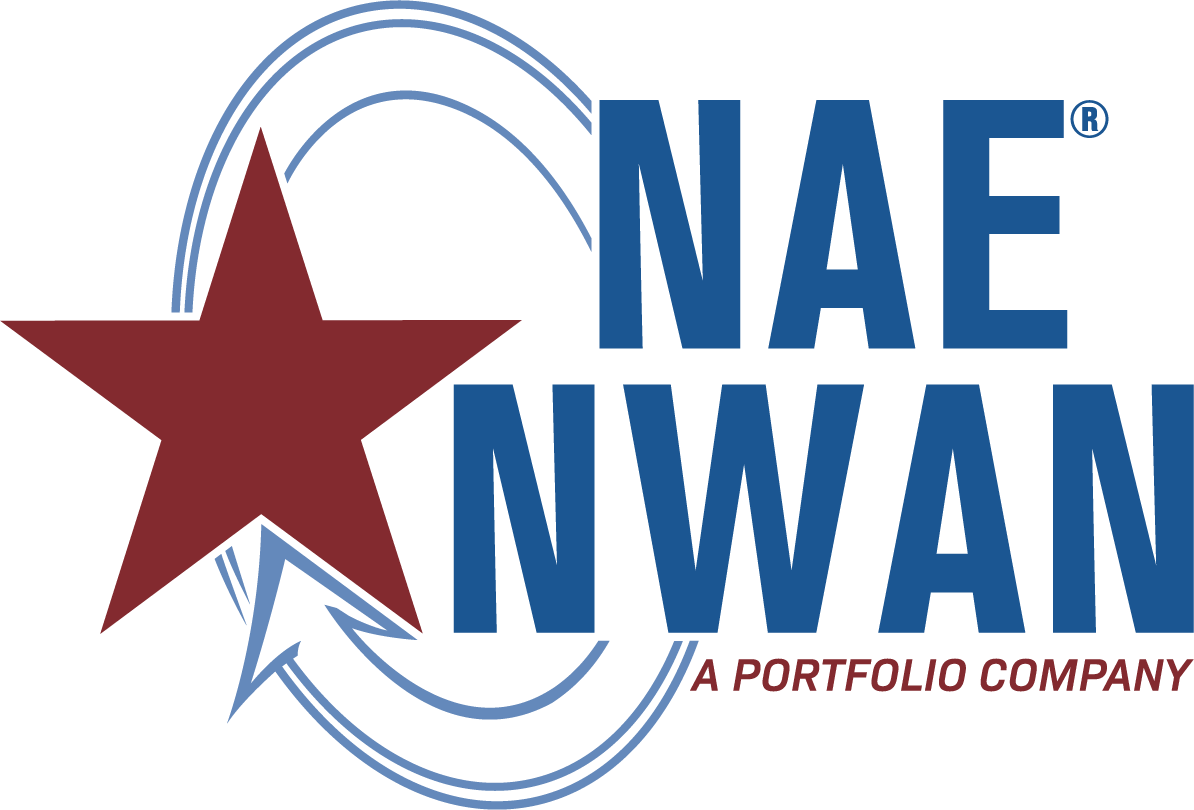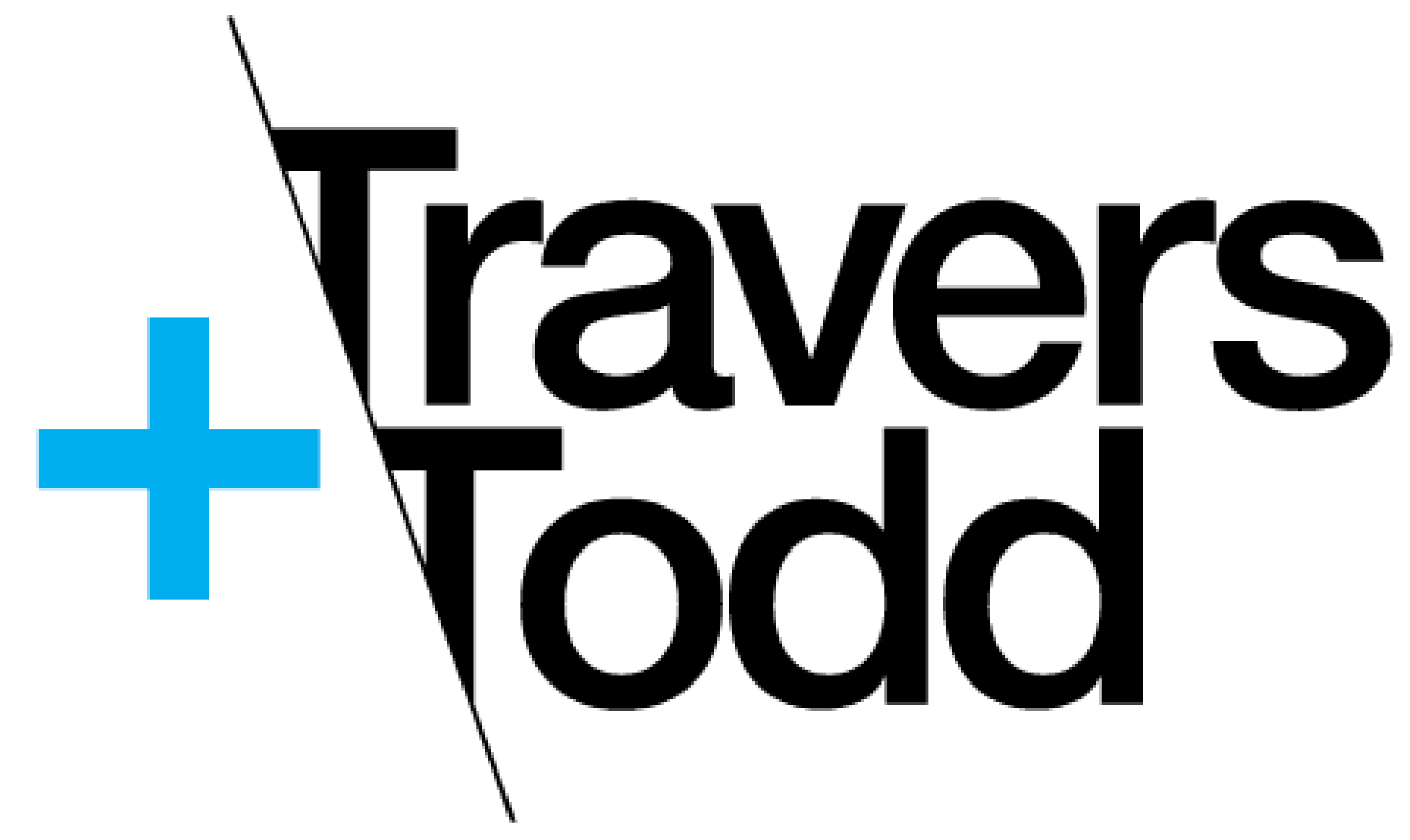On February the 26th, Federal Communications Commission Chairman Tom Wheeler announced the approval of open Internet. “In a 3-2 vote, the Federal Communications Commission voted to reclassify broadband internet access as a ‘telecommunications service’ under Title II of the Communications Act, subject to tough new rules designed to preserve internet openness,” Motherboard magazine reported.
For those not yet familiar with the concept, net neutrality is the principle that all Internet traffic should be treated equally—an open Internet. According to Wikipedia’s definition, “net neutrality, also referred to as network neutrality, Internet neutrality, or net equality is the principle that ISPs (Internet service providers) and governments should treat all data on the Internet equally, wihtout discriminating by user, content, site, platform, application, type of attached equipment, or mode of communication.”
Following the new net-neutrality order, the Federal Communications Commission released a 400-page document (that’s 313 overwhelming pages of legalese along with a full 87 pages in commentary from the commissioners themselves) covering the legal aspects of the new order. A very concise and informative summary of the report by CNET covers what the implications of all this might be for the end user. It explains, “the FCC having reclassified broadband as a so-called Title II telecommunications service under the 1934 Communications Act; [is] essentially placing broadband providers under the same strict regulations that now govern telephone networks.” The new net neutrality rules promise to protect internet users by preventing ISPs from blocking traffic or throttling bandwidth. It also prevents ISPs from discriminating against certain applications or websites by creating Internet fast lanes that prioritize only those that have paid.
A simple way to understand why net neutrality is considered fundamentally necessary by free-Internet proponents is to compare our internet service provider with our electricity and gas suppliers. An ISP trying to control what we can or cannot browse is like our electricity or gas supplier trying to control which electrical devices we can use, what time of day we can use them or what food we can cook using our gas stove. However, critics argue that regulating access to the internet under the 1934 law will stifle competition and innovation.
With over a decade fighting the proponents of net neutrality, its opposers have been outspoken in their protest. The Verge explains the history of net neutrality very nicely in this.
With the passing of the new FCC order on net neutrality last month, the long-standing debate continues. Last week, Austin TX skies saw a banner: “Don’t be an enemy of the internet, Sen. Ted Cruz.” It was a message from proponents of net neutrality to Senator Ted Cruz for his stand against the FCC’s order. Meanwhile, Marsha Hepburn, a long-time opponent of net neutrality, has come out attacking the FCC’s order with huge backing from companies like Comcast, AT&T, and Verizon.
Nonetheless, lack of net neutrality may pose a serious threat to many innovative businesses, who could suffer should providers choose to deliberately suppress those companies that threaten their revenue streams. For example, Internet telephony and VoIP service providers such as Viber or Skype may face traffic interference from traditional telecom companies or Netflix may suffer slow-downs as broadband providers push their own paid cable services. Many believe an open Internet fosters innovation, sharing, equality, and freedom. If it weren’t for an open Internet, we might not have Uber, WhatsApp, Twitter, Flickr and many other innovative sites and applications we use every day. Should net neutrality end, we may never see the next Google or Facebook come up.
This isn’t the first time society has confronted this issue. We’ve seen it twice before—first in 2006 and then again in 2010. On both occasions, net neutrality rules faced a court challenge and didn’t survive. No doubt this is just the beginning of a long battle ahead.



























